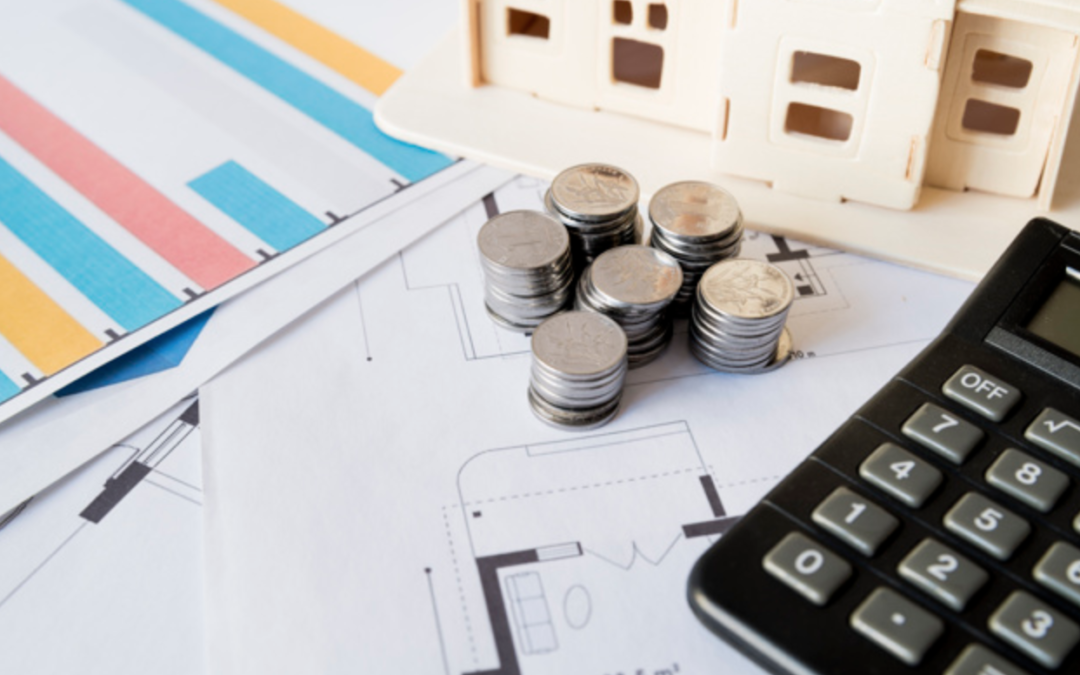1. Lower interest rate and/or payment
Refinancing to a lower interest rate will save you money on your monthly payment and total paid over the life of the loan. You probably want to do it before rates rise. If your current rate is higher than 5 percent, you may be able to find a lower rate to justify refinancing.
2. Reduce or shorten Private Mortgage Insurance (PMI)
It has been quite some time since the FHA changed the rules requiring mortgage insurance if you put less than 20 percent down. Refinancing to a lower rate and shortening the loan to 15 or 20 years allows you to get rid of private mortgage insurance.
3. Rising home equity
Rising home equity could put you close to refinancing out of an FHA loan to get rid of monthly insurance premiums. You don’t have to refinance your home loan to get this benefit, but you might find that it is a good idea.
4. Getting some cash out
Reducing your interest rate will sometimes still allow you to pull some cash out of your home to pay off bills or make home improvements. Keep in mind that this can involve refinancing your mortgage for a larger sum than what you owe currently.
5. Moving away from an ARM loan
Having an ARM loan can be nerve-wracking. It can also be expensive if an ARM is adjusting upward. Going with a fixed-rate loan can be cheaper if you plan to stay in your home for a longer period of time.
6. Reducing the loan term
A loan with a shorter term typically has a better interest rate. With a lower interest rate and shorter term, you will decrease the amount paid over the life of the loan.


Recent Comments